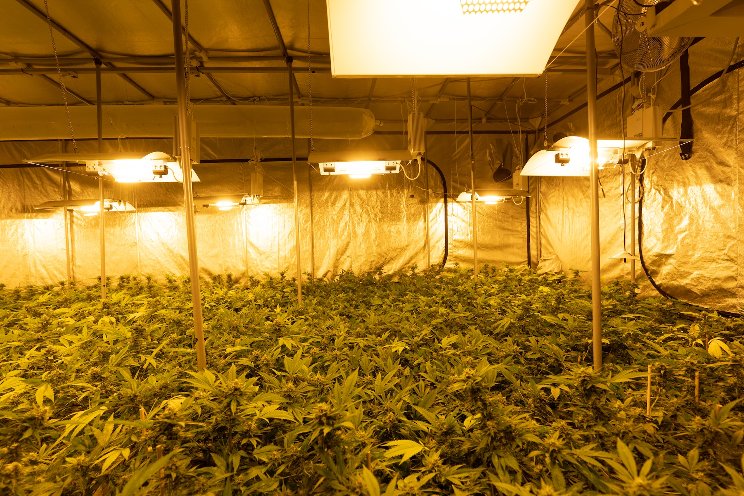Top 5 economic effects of Slovenian cannabis policy modernization
Added on 13 October 2023

Job Creation
One of the most significant economic benefits of permitting cannabis commerce is job creation. The emerging legal industry is made up of several sectors, each with its own workforce needs, requiring nearly every job type imaginable to some degree. Additionally, other than outdoor cultivation operations that rely solely on the sun, industry facilities can feasibly be located anywhere in Slovenia for the purposes of research and product development, bringing jobs to areas that may need them more than others.
The emerging legal industry has already created over 428,000 jobs in the United States where regulated commerce is permitted in certain states. Adult-use reform was first implemented in Canada in 2018, and an analysis by Deloitte determined that Canada’s legal industry had created over 150,000 jobs as of the publishing of its February 2022 report.
Boosting Local Economies
The overall economic boost from Canada’s legalized industry is substantial. Deloitte estimates that the legal cannabis industry in Canada contributed over $43.5 billion to the nation’s GDP between the period of October 2018 and February 2022. Cannabis companies directly invested over $4.4 billion into Canada’s economy, with the remaining boost to GDP coming from “indirect” economic contributions, and “induced” contributions.
Photo by CRYSTALWEED cannabis on Unsplash
More news















